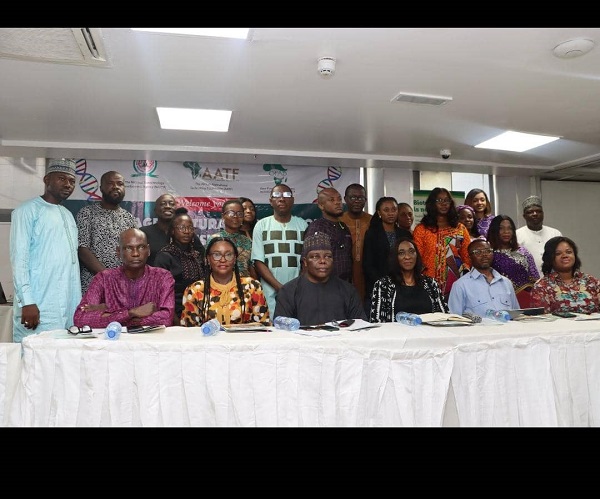
Scientists and plant breeders have called on science journalists to take a proactive approach in their reporting on biotechnology in food production.
They emphasised that understanding the science of agricultural biotechnology is crucial for transforming Nigeria’s food system and ensuring food security.
During a one-day interactive session in Lagos titled “Navigating Biotech Frontiers for Accurate Science Communication for Editors,” experts highlighted the untapped potential of biotechnology in Nigeria’s agriculture due to the slow adoption of new technologies. They stressed that biotechnology offers innovative tools to boost food production and improve crop resilience.
The director-general of the National Biotechnology Development Agency (NABDA), Prof. Abdullahi Mustapha emphasised the role of the media in bridging the gap between complex scientific discoveries and the broader society. He stressed that agricultural biotechnology must be understood and embraced by the public to realize its full potential.
Mustapha stated, “The media is the bridge that connects complex scientific discoveries with broader society, translating technical jargon into understandable language, and fostering informed discussions. Therefore, it is imperative that we engage in a constructive dialogue on how the media can better cover agricultural biotechnology, biosafety, and related topics”.
He added that accurate and balanced information about agricultural biotechnology should be readily available to empower Nigerians to make informed decisions and policymakers to develop evidence-based policies.
The director-general/CEO of the National Biosafety Management Agency, Dr. Agnes Asagbra highlighted the rapid advancements in modern biotechnology and the importance of meeting regulatory requirements to protect human health and the environment while harnessing biotechnology’s potential.
The director of the Agricultural Biotechnology Department at NABDA, Dr. Rose Gidado emphasised the vulnerability of Nigerian agriculture to climate change and its associated challenges. She pointed out that biotechnology tools can increase agricultural productivity and protect food crops from climate change effects.
Gidado stressed the necessity of integrating biotechnology into Nigeria’s agriculture, especially in response to the food emergency declared in the country’s food and agricultural sector.
She also highlighted the safety of commercially adopted biotech crops such as Bt cotton and cowpea, noting that no ill health or safety concerns have been recorded in the market.
The head of open forum on agricultural biotechnology & biotech awareness, Sarah Ogochukwu discussed the objectives of the workshop, including providing science editors and senior reporters with accurate and up-to-date information about biotechnology advancements in Nigeria. She emphasised the importance of science editors in demystifying the concept of agricultural biotechnology and addressing misconceptions about its safety. The workshop aimed to keep participants informed about developments in biotechnology and their potential to improve the lives and well-being of Nigerians.

